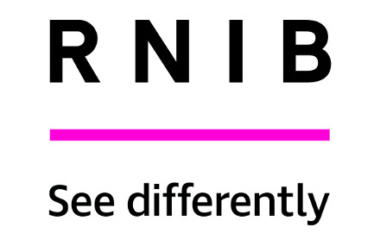The sight-loss charity Royal National Institute of Blind People (RNIB) cut its spending by more than £20m last year, as part of a two-year plan to turn around its finances.
RNIB’s latest annual accounts for the year to 31 March 2018 show, total spending was £112m, compared to £132m in the preceding twelve months.
The charity’s income fell by around half a million pounds during the same period, to just under £119m.
The reduction in spending, achieved in part through cutting jobs in RNIB’s charity subsidiary, meant the charity ended the year with an operating surplus of over £6m, a significant shift from a £12m deficit from the year before.
As part of what the charity calls its “financial transformation,” RNIB’s general reserves have also increased, from £14m in March 2017 to £25m a year later.
Ellie Southwood replaced Kevin Carey as the chair of trustees at the end of 2017. Sally Harvey resigned as chief executive in April 2018, after the Charity Commission opened a statutory inquiry into serious concerns about safeguarding at a residential centre run by its subsidiary, the RNIB charity.
The regulator intervened shortly after Ofsted warned RNIB that it proposed to cancel its registration to run The RNIB Pears Centre in Coventry.
Addressing the safeguarding failures in the introduction to the financial accounts, Southwood and interim chief executive Eliot Lyne say they are “deeply sorry for letting the young people and their families down. We worked hard to put things right but we have accepted that we are not the right organisation to be running this highly specialised service for children with complex health needs.”
RNIB closed The RNIB Pears Centre in November 2018. The charity also launched a new brand a strategy last autumn in a bid to focus its activity around changing perceptions of sightloss and working more collaboratively.
Last year Lyne told Civil Society News that: “We realise that we can’t be the only voice or the only organisation that is going to change society. We have to work more in partnership and collaboration with others and we’re seeking very clearly to do that.”
In another aspect of the restructure, RNIB has taken on a range of services over the last year from its charity subsidiary. The subsidiary’s spending has fallen by around £9m, and it has cut the full-time equivalent of more than two hundred jobs.
The filings also show that RNIB received 773 complaints from the public between 2017 and 2018, slightly fewer than the year before, a quarter of which related to the behaviour of external fundraising agencies.
|
Related articles












